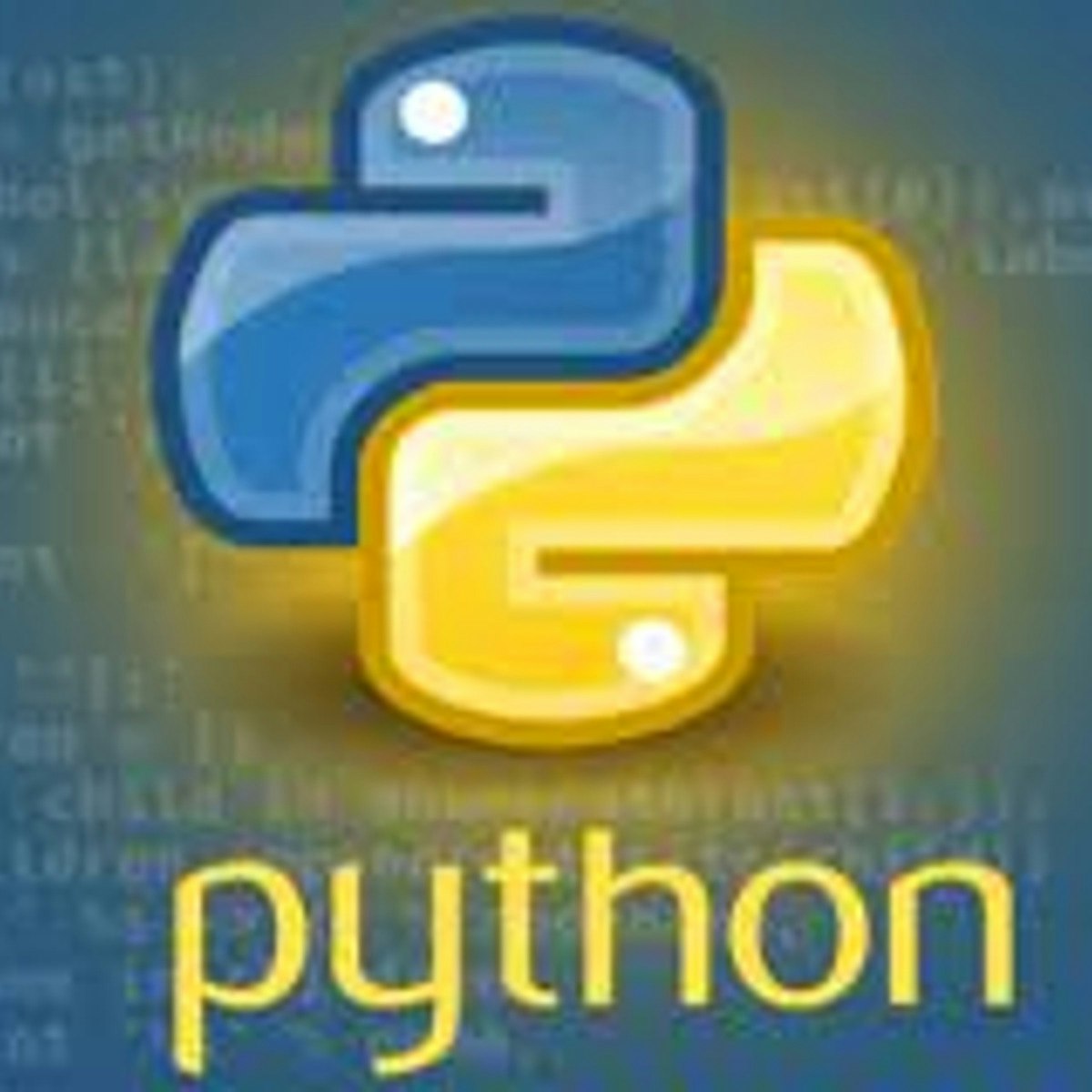
في هذه الدورة التدريبية القائمة على المشروع والتي تستغرق ساعة واحدة، ستتعلم مفهوم فك التشفير باستخدام لغة البرمجة بايثون، بالاضافة الى التعرف على انواع المعايير المستخدمة بالاضافة الى بعض الامثلة.
في نهاية هذه الدورة، ستكون قادراً على فك التشفير في مختلف المعايير المستخدمة بواسطة بايثون.
What's inside
Syllabus
Good to know
Save this course
Activities
Review basic cryptography before starting course
Show steps
Cryptography is hard. By refreshing your knowledge beforehand, you'll be able to implement decryption and encryption with greater ease.
Browse courses on
Cryptography
Show steps
-
Review the basics of cryptography, including concepts like encryption, decryption, and hashing.
-
Solve practice problems related to basic cryptography concepts.
Practice decoding in various standards using Python
Show steps
Practice decoding in various standards using Python to reinforce understanding of course materials
Browse courses on
Decoding
Show steps
-
Install necessary Python libraries
-
Create a Python script to implement decoding algorithms
-
Test the script on a variety of encrypted texts
Practice decryption and encryption using Python
Show steps
You'll be writing a lot of code in this course. Practice writing Python code that encrypts and decrypts information.
Browse courses on
Cryptography
Show steps
-
Find online tutorials and exercises that focus on writing Python code for decryption and encryption.
-
Work through the tutorials and exercises, practicing writing Python code for decryption and encryption.
Two other activities
Expand to see all activities and additional details
Show all five activities
Follow tutorials on advanced decoding techniques
Show steps
Following tutorials on advanced decoding techniques will help develop skills and understanding beyond the basics of the course
Browse courses on
Decoding
Show steps
-
Identify online tutorials covering advanced decoding techniques
-
Follow the tutorials and implement the techniques in Python
-
Apply the techniques to decode complex encrypted messages
Build a simple decryption tool
Show steps
By using what you've learned in the course, you'll be able to implement a simple decryption tool.
Browse courses on
Cryptography
Show steps
-
Design the decryption tool, including the user interface and the underlying algorithms.
-
Implement the decryption tool using Python.
-
Test the decryption tool on various encrypted messages.
Review basic cryptography before starting course
Show steps
Cryptography is hard. By refreshing your knowledge beforehand, you'll be able to implement decryption and encryption with greater ease.
Browse courses on
Cryptography
Show steps
- Review the basics of cryptography, including concepts like encryption, decryption, and hashing.
- Solve practice problems related to basic cryptography concepts.
Practice decoding in various standards using Python
Show steps
Practice decoding in various standards using Python to reinforce understanding of course materials
Browse courses on
Decoding
Show steps
- Install necessary Python libraries
- Create a Python script to implement decoding algorithms
- Test the script on a variety of encrypted texts
Practice decryption and encryption using Python
Show steps
You'll be writing a lot of code in this course. Practice writing Python code that encrypts and decrypts information.
Browse courses on
Cryptography
Show steps
- Find online tutorials and exercises that focus on writing Python code for decryption and encryption.
- Work through the tutorials and exercises, practicing writing Python code for decryption and encryption.
Follow tutorials on advanced decoding techniques
Show steps
Following tutorials on advanced decoding techniques will help develop skills and understanding beyond the basics of the course
Browse courses on
Decoding
Show steps
- Identify online tutorials covering advanced decoding techniques
- Follow the tutorials and implement the techniques in Python
- Apply the techniques to decode complex encrypted messages
Build a simple decryption tool
Show steps
By using what you've learned in the course, you'll be able to implement a simple decryption tool.
Browse courses on
Cryptography
Show steps
- Design the decryption tool, including the user interface and the underlying algorithms.
- Implement the decryption tool using Python.
- Test the decryption tool on various encrypted messages.
Career center
Cryptography Researcher
Network Security Analyst
Software Engineer
Information Security Analyst
Cybersecurity Analyst
Data Scientist
IT Auditor
Forensic Computer Analyst
Security Consultant
Risk Analyst
Compliance Officer
Business Analyst
Project Manager
Technical Writer
Data Analyst
Reading list
Share
Similar courses
OpenCourser helps millions of learners each year. People visit us to learn workspace skills, ace their exams, and nurture their curiosity.
Our extensive catalog contains over 50,000 courses and twice as many books. Browse by search, by topic, or even by career interests. We'll match you to the right resources quickly.
Find this site helpful? Tell a friend about us.
We're supported by our community of learners. When you purchase or subscribe to courses and programs or purchase books, we may earn a commission from our partners.
Your purchases help us maintain our catalog and keep our servers humming without ads.
Thank you for supporting OpenCourser.



